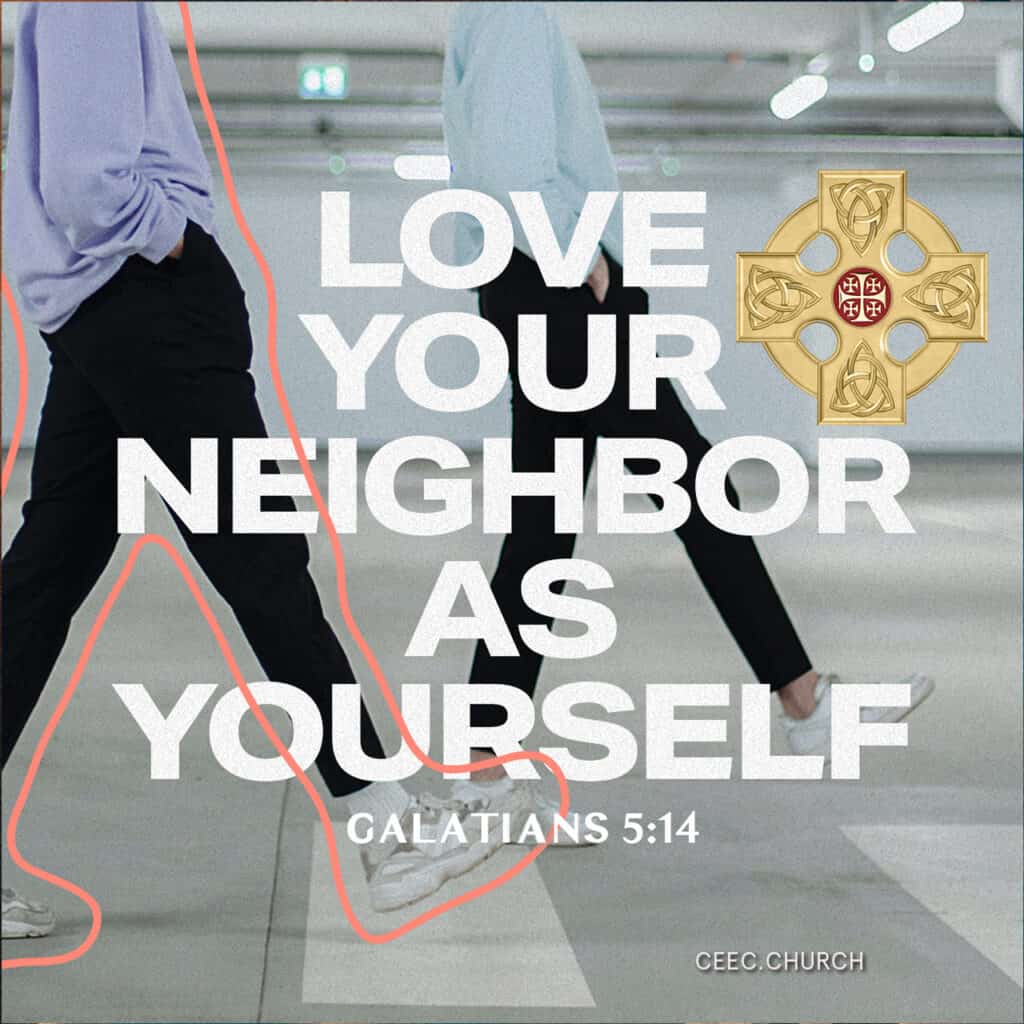When it comes to heroic people, history gives us some great examples. Stories of men, women, even entire villages willing to give up their lives to save the lives of others, most of whom they did not know or would never meet.
In many ways, these were people just like you and me, the folks who gather each day for “Mornings with Bishop Robert” — thanks for joining me today as we explore how to impact people around us in some pretty amazing ways. My goal is to introduce people to the Jesus they never knew, and help them get to know Him and His word personally – and better ! After we’re done this morning, don’t forget to like, subscribe and share it with a friend!
See if you can answer this question: Who is the greatest disciple of love in the New Testament? If you’re familiar with the disciples, you might think it’s John because he talked about love so much. Or you could be leaning towards Paul because he wrote “the love chapter” in 1 Corinthians 13 that’s quoted at so many weddings. (You know: love is patient, love is kind, etc.) But someone insisted to me that it was Peter, because he’s the only disciple who asked Jesus to pray for his mother-in-law. He must have loved her as much as I love mine!!!
Today’s verse says LOVE YOUR NEIGHBOR AS YOURSELF
Here’s the rub – Love is a verb. An action word. It is best expressed by actions, not only by words. Sometimes those actions are heroic and performed at significant personal risk. But more often than not, the way that love is expressed is in the mundane, day-to-day living and giving. That’s not as sexy as a heroic plunge in a river to save a drowning toddler. But real life is lived out in the humdrum and commonplace homes, offices and neighborhoods of our everyday lives. And we desperately need love to turn those worlds around, too.
But how can love be expressed when you don’t feel love for them? It’s a tough question. Here’s where the story of an angry wife might help illustrate a possible solution.
A patient of the renowned psychologist and physician Dr. George W. Crane confided that she hated her husband, and intended to divorce him. “But I don’t just want to get rid of him, I want to get even. Before I divorce him, I want to hurt him as much as he has me.” Dr. Crane suggested an ingenious plan “Go home and ACT AS IF you really love your husband. Tell him how much he means to you. Praise him at every opportunity. Go out of your way to be as kind, considerate, and generous as possible. Spare no efforts to please him, make him believe you love him. Then, after you’ve convinced him of your undying love drop the bomb. Tell him that your’re getting a divorce. That will really hurt him.”
With revenge in her eyes, she smiled and exclaimed, “That’s a perfect plan. Will he ever be surprised!” And she did it with enthusiasm. Acting “as if,” she showed love and kindness; listening, giving, encouraging, sharing. When she didn’t return after two months, Dr. Crane phoned her. “How’s the plan working? Are you ready now to go through with the divorce?”
“Divorce?” she exclaimed. “Never! I discovered I have an AMAZING husband, and that I really do love him.” Her actions had changed her feelings. Motion resulted in emotion. The ability to love is established not so much by fervent promise as it is by often repeated deeds.
LOVE YOUR NEIGHBOR AS YOURSELF
Motion results in emotion. A monk who lived in the 1400’s wrote “Whoever loves much, DOES much.”
Ask Jesus for the grace and strength to love your family, your friends, your neighbors. He loves them, and He will help YOU to express His love, too. It’s a special type of love. So special, in fact, that the Greeks invented a new word to describe the way Christians loved one another and the people around them. The word was “agape.” (It sounds like ‘a-GAH-pay’) It’s not a natural form of affection, like family, friends or intimate relationships with a husband or wife. It’s a selfless and intense fruit of the Holy Spirit in our lives. So the more we focus on asking God how He wants us to express love the more ‘agape’ blooms and grows. It can happen so quickly that it would make Jack’s beanstalk jealous. Or it can continue to be an effort without inner emotion, a decision of the will. But either way, it is truly ‘agape’ being expressed by what you choose to do.
The interesting thing about making the decision to act in love — even if you begin just by acting AS IF you fell love — is the impact that it will have on you. The more you and I decide to express the love of God in us, the greater it’s impact on us becomes. His love impacts us as much as it impacts those with whom we share it. It softens our heart and makes us more capable of true love.
“Agape” – It touches needs in us and others. It fills them, heals them. And it strengthens us to love more, love better, love like He loved us.
Love talked about can be easily pushed away, but love demonstrated is irresistible.
